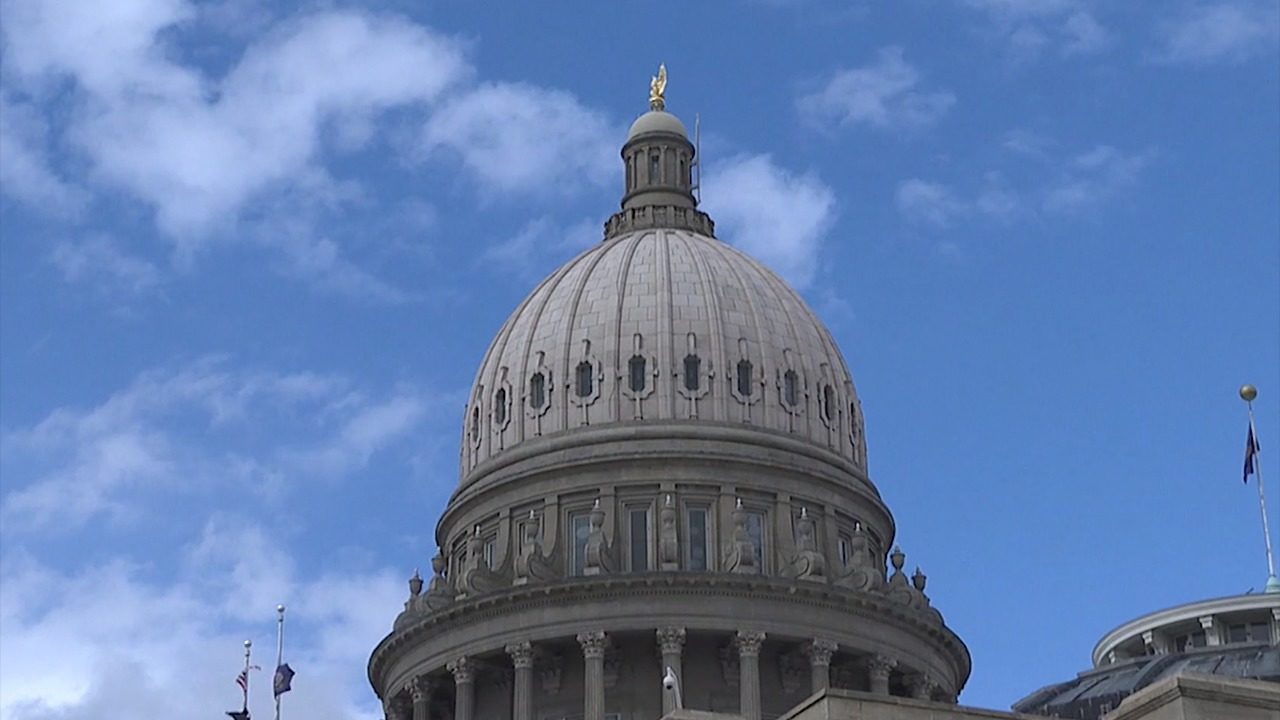Idaho Democrats say GOP priorities amount to power grab

BOISE, Idaho (AP) - Democratic lawmakers from the Idaho House and Senate blasted their Republican colleagues Wednesday for engaging in what they called a power grab from the governor, local governments and voters while key legislation languishes.
House Minority Leader Ilana Rubel and Senate Minority Caucus Chair Janie Ward-Engelking said the Republican majority has accomplished little near the mid-point of the legislative session.
Republicans have put forward bills limiting a governor's authority during emergencies such as the pandemic, making ballot initiatives more difficult, initiating a constitutional amendment so the part-time Legislature can call itself back into session, and removing the state's attorney general as the primary legal defender for state agencies.
"I don't see a lot of intellectual and logical consistency behind these positions other than they will get behind whatever avenue gets more power to the Legislature," Rubel said.
The lawmakers said important issues such as property tax relief and education are being ignored.
Ward-Engelking noted that the Legislature has passed only a handful of bills so far.
"We hear over and over again that with the growth we're seeing and the way that property is being inflated in this area, that we have to provide some property tax relief," she said. "We have bills ready."
However, Republicans hold super-majorities in both the House and Senate, and bills put forward by Democrats have difficulty getting hearings.
GOP Rep. Brent Crane, chairman of the House State Affairs Committee, said Republicans were fulfilling promises they made heading into the session.
"Not only are we addressing those issues we promised our constituents we would with regards to rebalancing of power, we're also dealing with important issues like tax reform and property tax relief," he said.
Republican Gov. Brad Little issued a temporary stay-at-home order in late March as COVID-19 patients overwhelmed some hospitals and health care workers became sick. In addition, health care facilities feared running out of protective equipment. Little has said the lockdown allowed the situation to stabilize and the state to bring in masks and other equipment.
But the restrictions angered Republican lawmakers, as did the classification of some workers as "non-essential" and the banning of gatherings, particularly at churches, that Little said had the possibility of turning into super-spreader events.
Rubel said Democrats want to block the voter suppression bills and the bill making ballot initiatives more difficult.
"If this is the session that we destroy the citizens' ballot initiative rights, then I think this session will go down in infamy as a very bad session," she said. "A lot is in flux right now. It has the potential to be a great session or one of the worst sessions ever."






